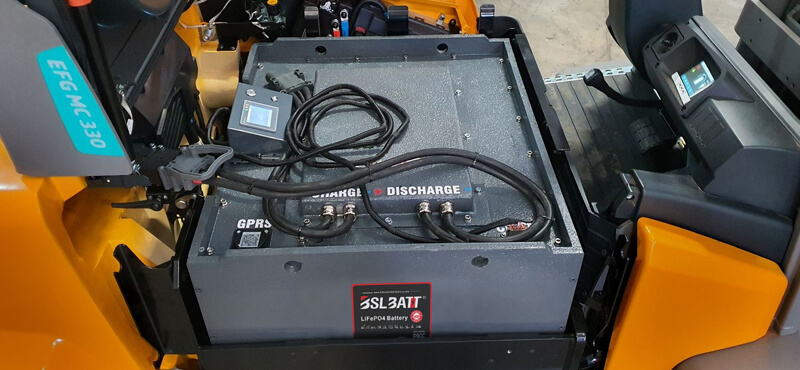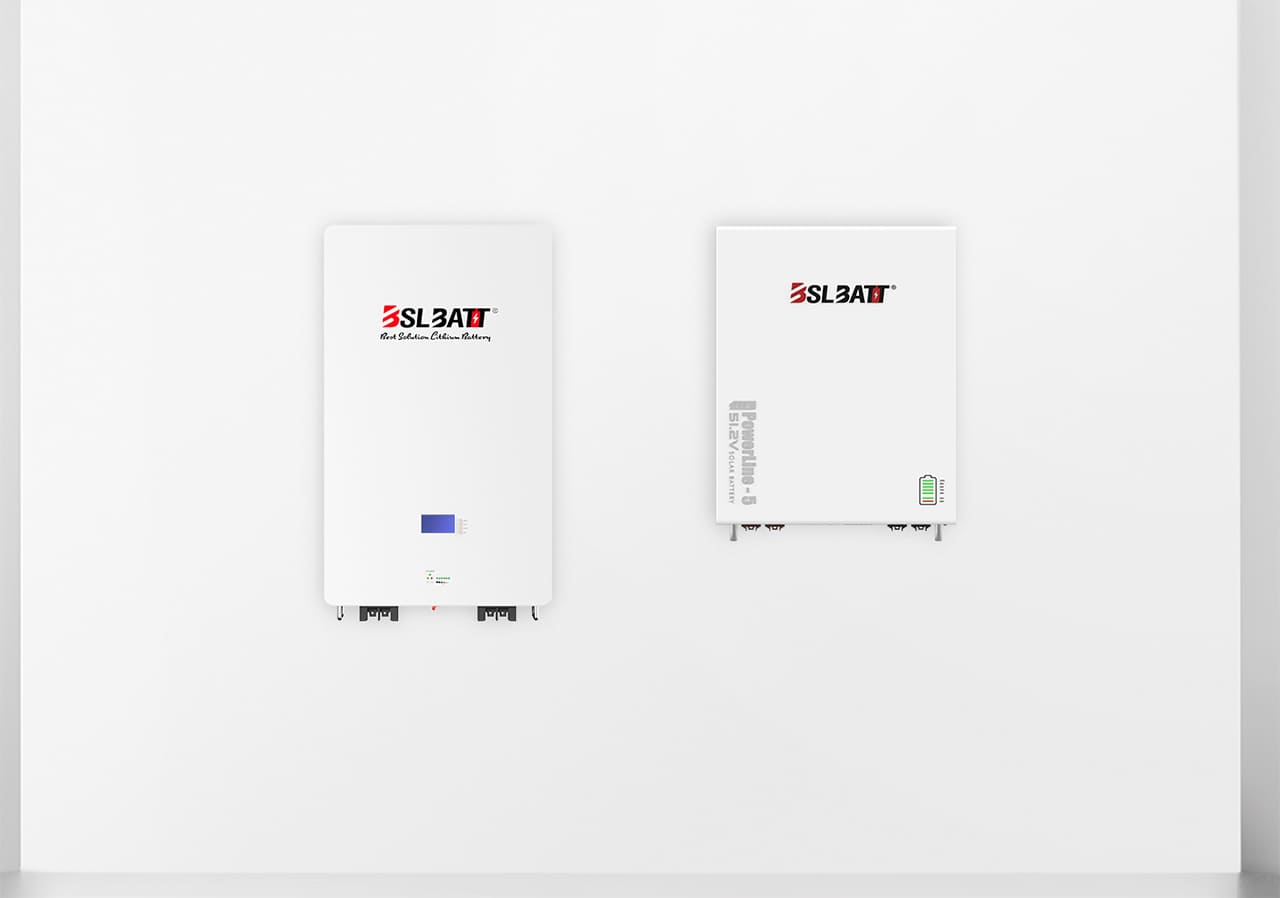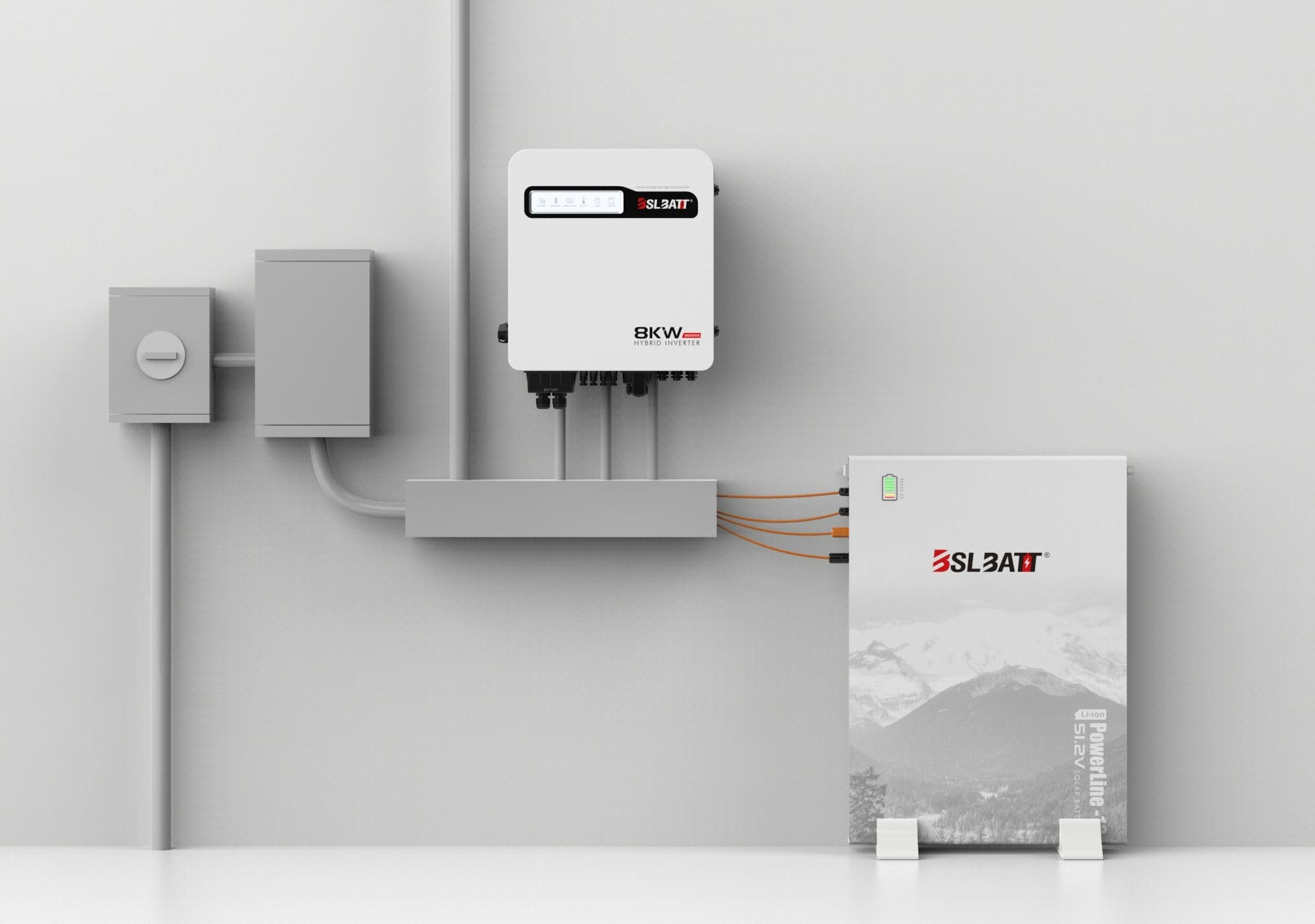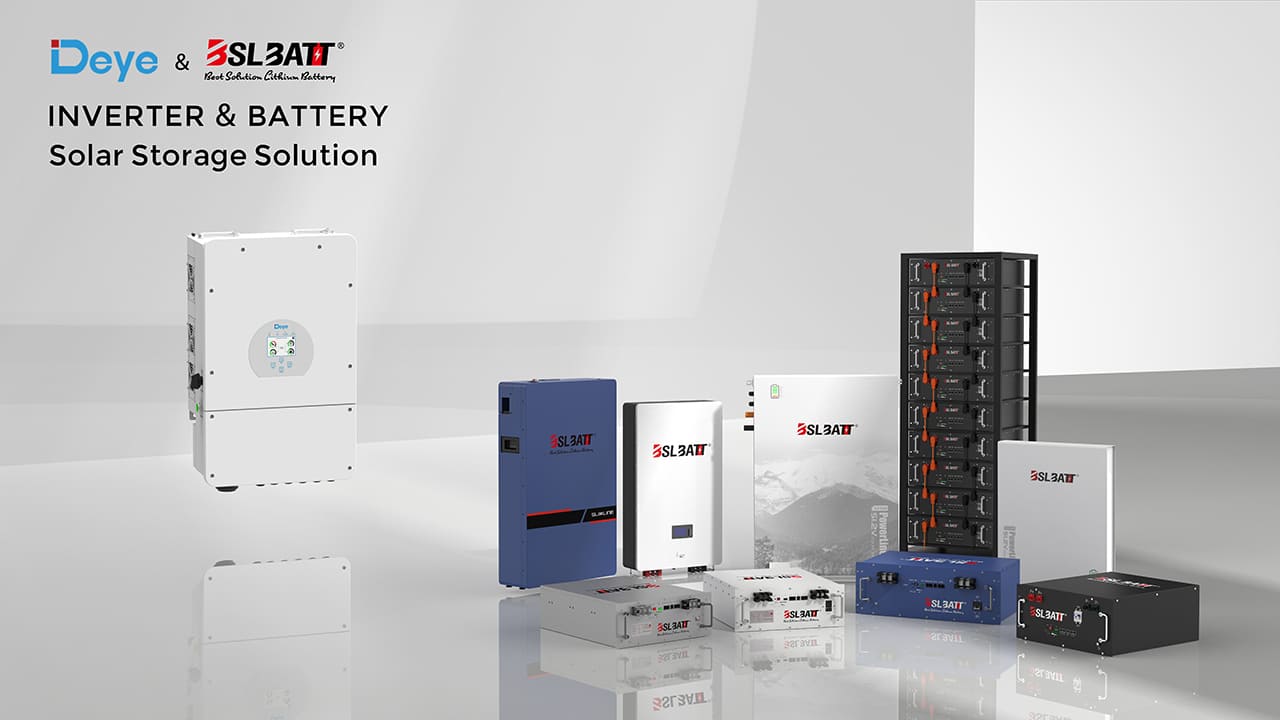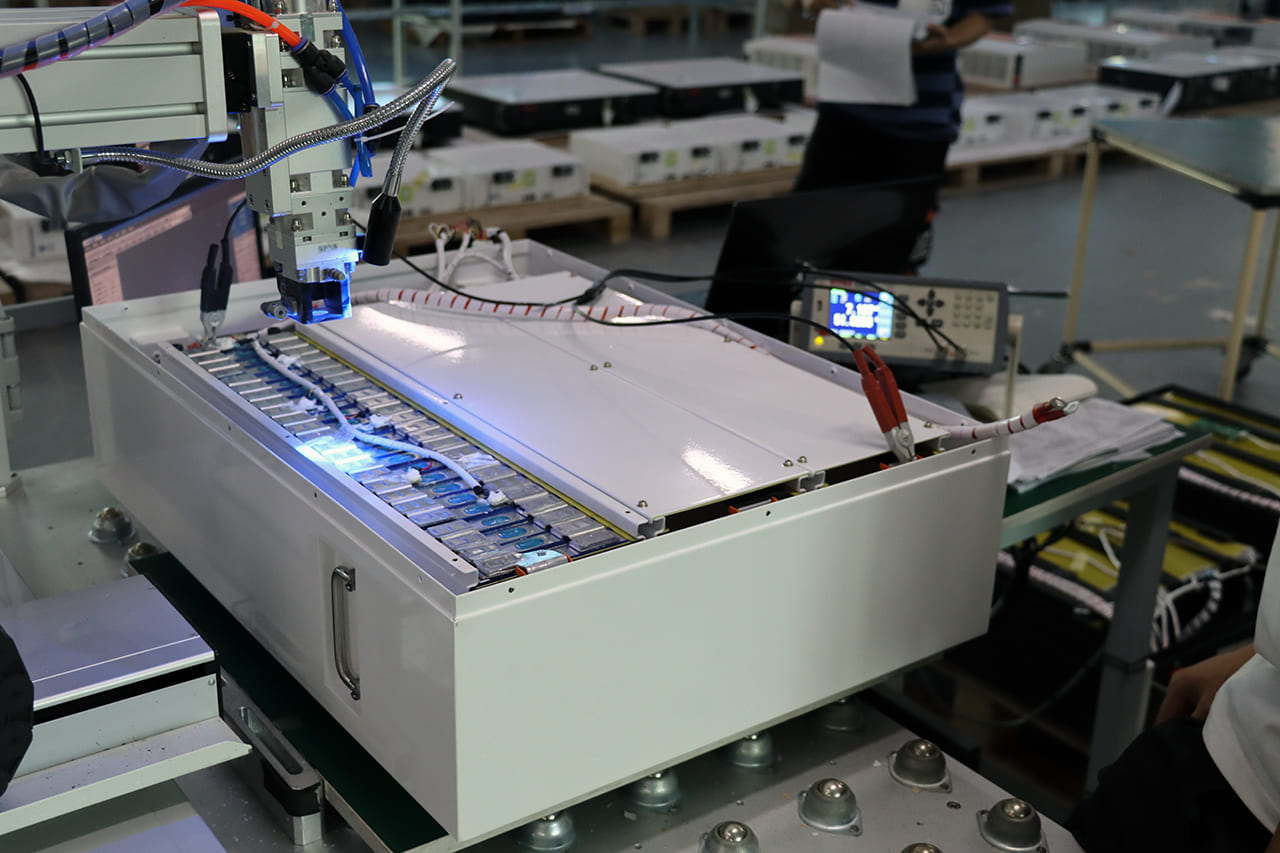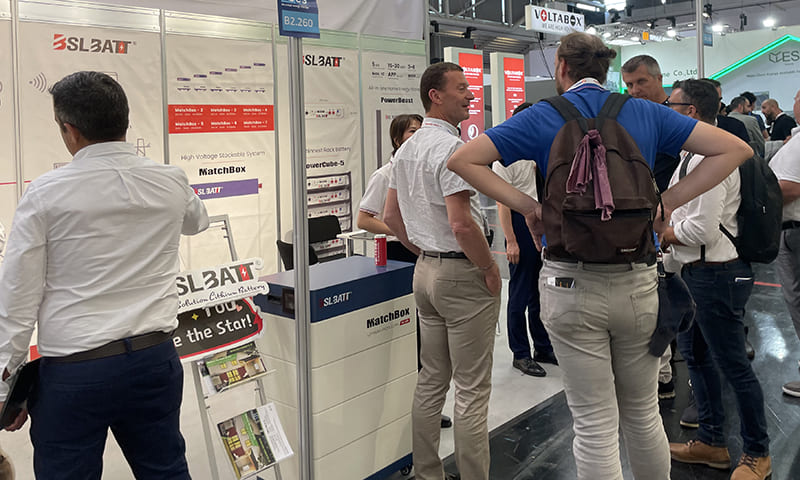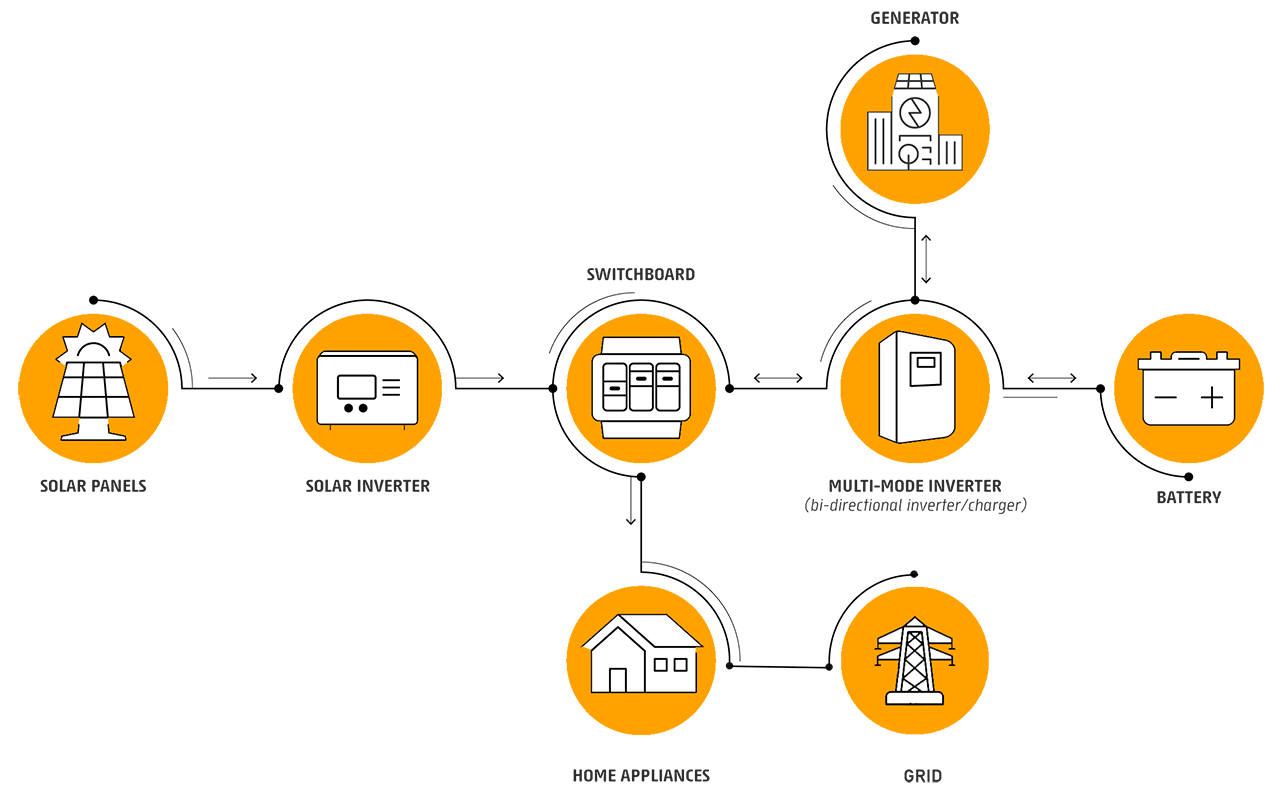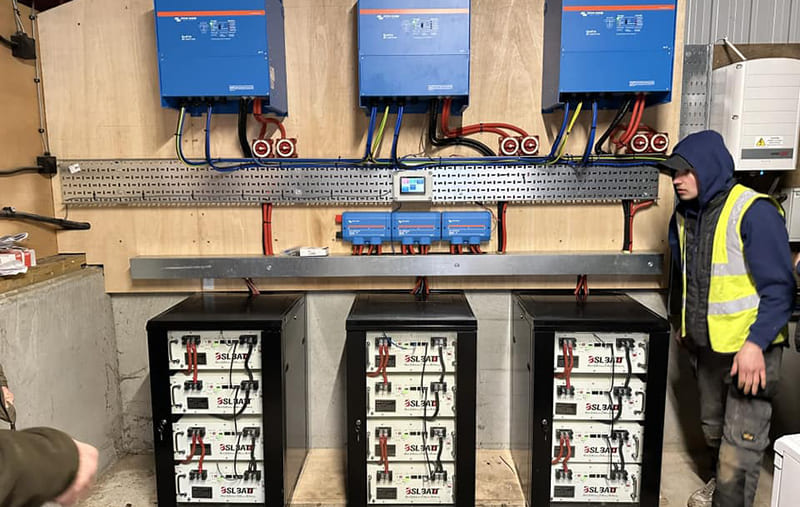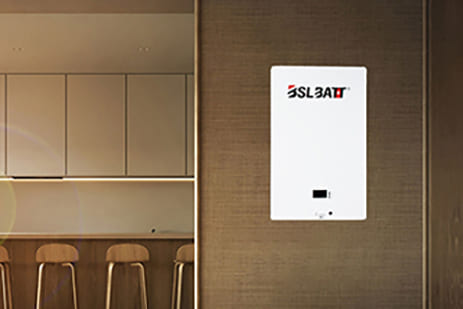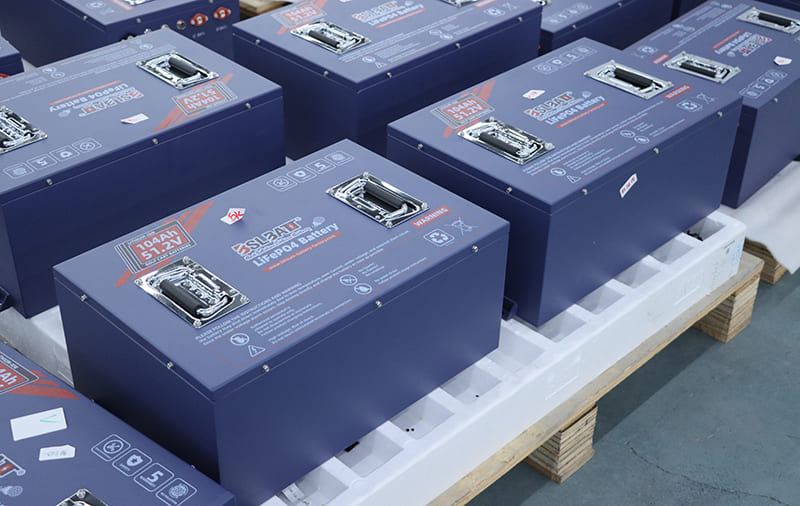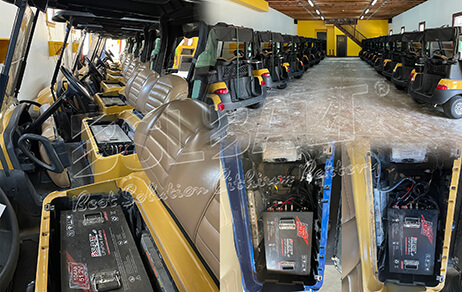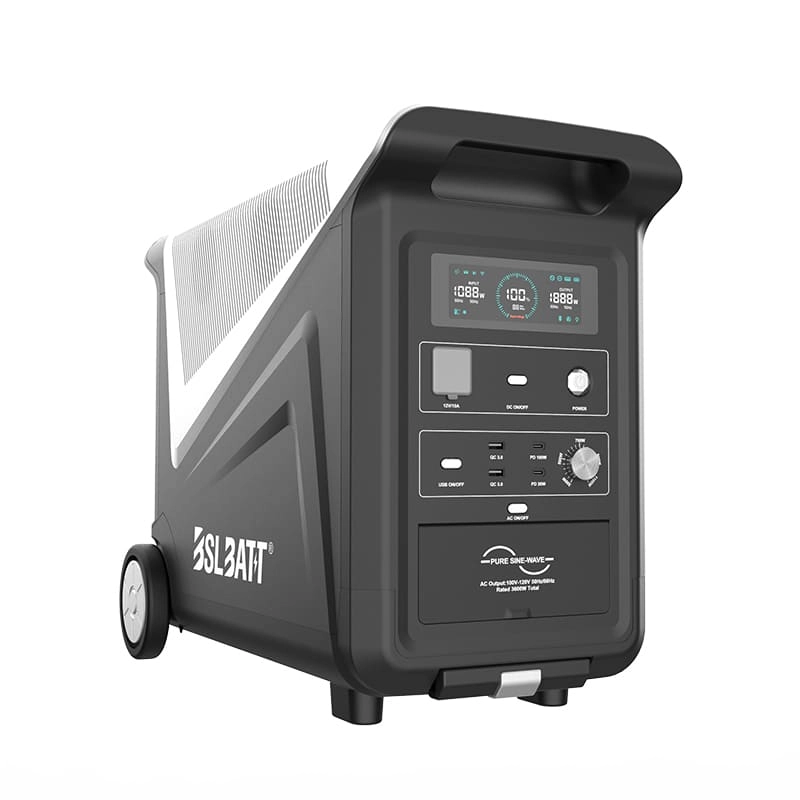
- China
- English
- Françai
- Español
- Deutsch
- Română
- العربية
- 한국어
- 日本語
- Italiano
- Português
- Gaeilge
- Dansk
- Čeština
- Русский
- Afrikaans
- Euskara
- Català
- Esperanto
- हिन्दी
- Ελληνικά
- Bahasa Melayu
- Polski
- Српски
- Kiswahili
- ภาษาไทย
- Tiếng Việt
- Türkçe
- Svenska
- Cymraeg
- Slovenčina
- Latviešu
- Malti
- Magyar
- Galego
- ગુજરાતી
- Eesti Keel
- বাংলা
- Shqip
- беларуская мова
- Nederlands
- Tagalog
- ქართული
- Íslenska
- Kreyòl Ayisyen
- Lietuvių
- Norsk
- slovenščina
- தமிழ்
- Українська
- ײִדיש
- اردو
- తెలుగు
- فارسی
- македонски
- ಕನ್ನಡ
- Bahasa Indonesia
- עברית
- Suomi
- Hrvatski
- Български
- Azerbaijani

Industry Application
Product Type
Technical Solution Route for User-side Energy Storage
Published by BSLBATTSep 01,2023
Technical Solution Route for User-side Energy Storage
What is user-side Energy Storage? The main body of consumer-side energy storage is power users, mainly including industrial and commercial users and household users. The development of customer-side energy storage helps to save electricity costs and ensure the stability of electricity consumption. Household Energy Storage Household energy storage (household storage) refers to the energy storage system used for household users. It is usually installed in combination with a household photovoltaic (PV) system to provide electricity to the household. The principle of operation is to prioritize PV power generation for local loads during the day, with excess energy stored in the battery and optionally connected to the grid if there is still a surplus of power; At night, when the PV system is not in operation, the battery is discharged for local load use. Household energy storage systems can improve the degree of self-generation and self-use of household PV, reduce the user’s electr...
Published by BSLBATTAug 15,2023
How to Configure Battery Storage for House?
Home solar storage battery type selection With the development of battery technology and the rapid decline in cost, lithium batteries have now become the mainstream choice for residential energy storage projects because of their high efficiency, long cycle life, accurate battery data and high consistency. House battery storage capacity selection in the four common misunderstanding Myth 1: House battery storage capacity is only based on load power and electricity consumption In house battery storage capacity design, load condition is indeed the most important reference factor. However, the charging and discharging capacity of lithium battery, the maximum power of the storage machine and the power consumption period of the load should not be neglected, so we can’t only consider the load power and power consumption to choose House battery storage capacity, but need to consider them comprehensively. Myth 2: Taking the theoretical capacity of lithium batteries as the actual...
Published by BSLBATTJul 13,2023
BSLBATT 48V LiFePO4 Solar Batteries Can be Integrated with Deye Inverters Now
China Huizhou – July 12, 2023 – BSLBATT Battery today announced that it has joined Ningbo Deye Inverter Technology Co., Ltd (Deye) a new Approved Battery list program. This exciting partnership will allow both companies to gain market network development expansion. BSLBATT lithium will also be able to enhance battery control and communication capabilities and also provide enhanced solutions for our OEM customer base as well as the aftermarket and distribution network we serve. Say goodbye to communication issues: BSLBATT battery has passed the DEYE inverter test, complies with DEYE’s BMS-Can specification, and is officially listed, and you will not face compatibility issues or additional costs when integrating with Deye in the future. A big thank you to Elitag A/S, our sole distributor of solar lithium batteries in Denmark, for supporting DEYE’s BMS-Can specification and being supported by three companies. It’s a perfect combination that delivers unrivaled perform...
Published by BSLBATTAug 08,2023
How to PACK a LiFePO4 solar battery bank?
LiFePO4 solar battery bank PACK, also known as battery module, is a lithium-ion battery production process, which means packaging, encapsulation and assembly, refers to connecting multiple lithium-ion single-cell groups in parallel and series, and considering the mechanical strength of the system, thermal management, and BMS matching and other issues. Its important technology is reflected in the overall structural design, welding and processing technology control, protection level, active thermal management system. If two batteries are connected in series or parallel and formed into a specific shape according to the customer’s requirements, it is called a PACK. The production process of LiFePO4 solar battery bank is divided into two sections: cell module production and system assembly. If the battery PACK is compared to a human body, the module is the “heart”, which is responsible for the storage and release of electric energy. In the LiFePO4 solar battery bank mod...
Published by BSLBATTJun 30,2023
BSLBATT LiFePO4 Batteries Can be Integrated with Solis Inverters Now
BSLBATT LiFePO4 batteries for residential solar energy storage have now completed their equipment communication with Solis, the world’s #3 inverter manufacturer. BSLBATT LiFePO4 batteries have been successfully added to the compatibility list of Solis energy storage inverters and this strategic product partnership is a milestone for BSLBATT as an energy storage battery brand. “We want to be able to offer our customers a BSLBATT LiFePO4 solar battery solution in any region where renewable energy generation is needed and compatibility issues with inverters often hinder the flexibility of the batteries,” Eric said, CEO of BSLBATT, “In order to cater to customers who prefer BSLBATT and Solis as an integrated solution on both sides, we agreed with Solis to complete equipment compatibility testing, a mutual decision that is in line with the strategic direction of both companies.” The equipment involved in this compatibility test is Solis’ latest 6th ge...
Published by BSLBATTJun 25,2023
When is A LiFePO4 Solar Battery Fully Charged?
Why your SOC indicator is full, but your LiFePO4 solar battery does not stop charging is a common problem our customers encounter when using BSLBATT LiFePO4 solar battery. LiFePO4 batteries, also known as lithium iron phosphate batteries, have specific charging characteristics. During charging, the voltage of a LiFePO4 battery gradually increases until it reaches a predetermined threshold. The nominal voltage of LiFePO4 batteries is usually between 3.2 and 3.3 volts. If you purchase a 48V LiFePO4 solar battery with BSLBATT 16S, the nominal voltage is typically 51.2V. When charging the LiFePO4 solar battery, the voltage will slowly increase as the energy in the battery is stored. As charging proceeds, the voltage of the battery cell reaches approximately 58.4V, indicating that it is fully charged. At this point, the battery has reached its maximum capacity and is ready for use. 1S 4S 8S 16S 3.2V LiFePO4 Battery 12V LiFePO4 Battery 24V LiFePO4 Battery 48V LiFePO4 Battery Capaci...
Published by BSLBATTJun 17,2023
Elevating Solar Solutions: BSLBATT Energy’s Triumph at Intersolar 2023!
BSLBATT Energy has emerged as a trailblazer in delivering cutting-edge LiFePO4 solar battery solutions in the dynamic world of renewable energy. With an unwavering commitment to professionalism and innovation, BSLBATT Energy recently achieved a remarkable triumph at Intersolar 2023, solidifying its position as a leading player in the industry. This article dives into the company’s exceptional accomplishments, exploring its solar solutions’ unparalleled quality and unwavering dedication to revolutionizing the energy landscape. Unparalleled Innovation: BSLBATT Energy has long been recognized for its unwavering pursuit of innovation. At Intersolar 2023, the company showcased an array of ground-breaking home solar battery solutions that exceeded industry standards. By leveraging advanced technology and engineering expertise, BSLBATT Energy’s LiFePO4 solar battery products set a new benchmark for performance, efficiency, reliability and appearance design. The company&#...
Published by BSLBATTJun 13,2023
What is A Hybrid Solar System? Let’s Explore Together.
The demand for renewable energy sources has led to the development of innovative technologies that harness the power of the sun. One such advancement is the hybrid solar system. In this article, we will delve into the concept of a hybrid solar system, its components, advantages and disadvantages, and how it compares to off-grid solar systems. What is a Hybrid Solar System? A hybrid solar system is a versatile and efficient energy solution that combines solar power generation with an additional energy source, typically a battery storage system or a backup generator. Unlike traditional grid-tied solar systems that rely solely on the grid or off-grid solar systems that operate independently, hybrid systems offer a flexible and reliable energy solution for both residential and commercial applications. By integrating multiple energy sources, hybrid solar systems can overcome the limitations of standalone solar systems, such as intermittent power generation during cloudy days or at night...
Published by BSLBATTMay 08,2023
How is A Home Energy Storage System Designed?
What is A Home Energy Storage System? A home energy storage system is a system that stores excess electricity generated by solar panels in a battery bank for easy access to the home at any time. When daytime. When the sunlight is normal, the solar PV modules produce more energy and the batteries can store it to ensure electricity at night or on its another cloudy or rainy day. It is also because the storage battery can optimize the use of electricity, it can ensure the effective operation of the whole home-based that system. Also if there is a sudden pause in the home power usage encountered, such as a desktop computer drawing that has not been saved in time, a raw food in the refrigerator that melts and may spoil, etc., but with a home energy storage system, it can maintain continuity in such situations with a very short response time. Home energy storage systems make solar panel power generation more reliable, avoiding the disadvantage of not being able to generate electricity on...
Published by BSLBATTApr 25,2023
Types and Choosing of House Solar Batteries
As the demand for clean and sustainable energy sources increases, more homeowners are turning towards solar power. One essential component of a solar power system is the solar battery, which stores the energy generated by the solar panels for later use. In this essay, we will discuss the various types of house solar batteries and offer guidance on selecting the most suitable option for your home. Types of Residential Solar Batteries There are three main types of solar batteries available for residential use: lead-acid, lithium-ion, and flow batteries. Each type has advantages and disadvantages, making them suitable for different applications and requirements. 1. Lead-Acid Batteries Lead-acid batteries are the oldest and most established technology in the battery industry. Lead-acid battery is a chemical energy storage device using lead and lead dioxide (PbO2) as the active substances of negative and positive electrodes, and dilute sulfuric acid as the electrolyte, which act...
Published by BSLBATTApr 04,2023
The Ultimate Guide to 48V Lithium Battery
As a leading lithium battery manufacturer in the industry, BSLBATT is committed to providing the latest insights and information on battery technology to professionals and customers worldwide. In this article, we will take an in-depth look at 48V lithium batteries, their manufacturing process, benefits, and applications, and guide how to choose and maintain these batteries. The growing demand for clean energy and the need for efficient energy storage solutions have led to the development of various battery technologies. 48V lithium batteries, in particular, have become increasingly popular due to their unique features and benefits. What is 48V Lithium Battery? In the introduction, I briefly discussed the importance of 48V lithium batteries in today’s world. To further elaborate, it is essential to understand the role of lithium batteries in renewable energy storage and electric vehicles. As the world becomes more environmentally conscious, the demand for renewable energy stor...
Published by BSLBATTApr 04,2023
Finding a Better Lithium-Ion Battery for Your Golf Cart | 48v & 36v
Ready to Upgrade Your #GolfCart to Lithium-Ion Batteries? Watch BSLBATT’s latest video this week to learn why #BSLBATT Battery has the best golf cart #Lithium-Ionbattery for your needs. BSLBATT offers easy plug-and-play 48V Series Lithium-Ion golf cart batteries or golf cart lithium battery 36v series to give your carts more mileage, less charging time, and longer life. In addition, all our golf cart Lithium-Ion batteries are compatible with these golf cart #brands: Advanced EV, Bad Boy Buggy, Bintelli, Club Car DS, Club Car Precedent, Coleman, EZGO TXT, EZGO RXV, Elite, Evolution, EPIC, GEM Cars, ICON, Kandi, Madjax X-series, Navitas Storm, Nivel X-series, Titan, Tomberlin, Trojan EV, Vivid, Yamaha! Hi everyone, I am Ian, the sales Engineer from BSLBATT. Today I am going to show you our BSLBATT golf cart Lithium-Ion battery. Our golf cart Lithium-Ion battery has a wide range of voltage, from 36Volt to 72Volt including 48Volt, with common capacities like 60,104,134,156 for d...






